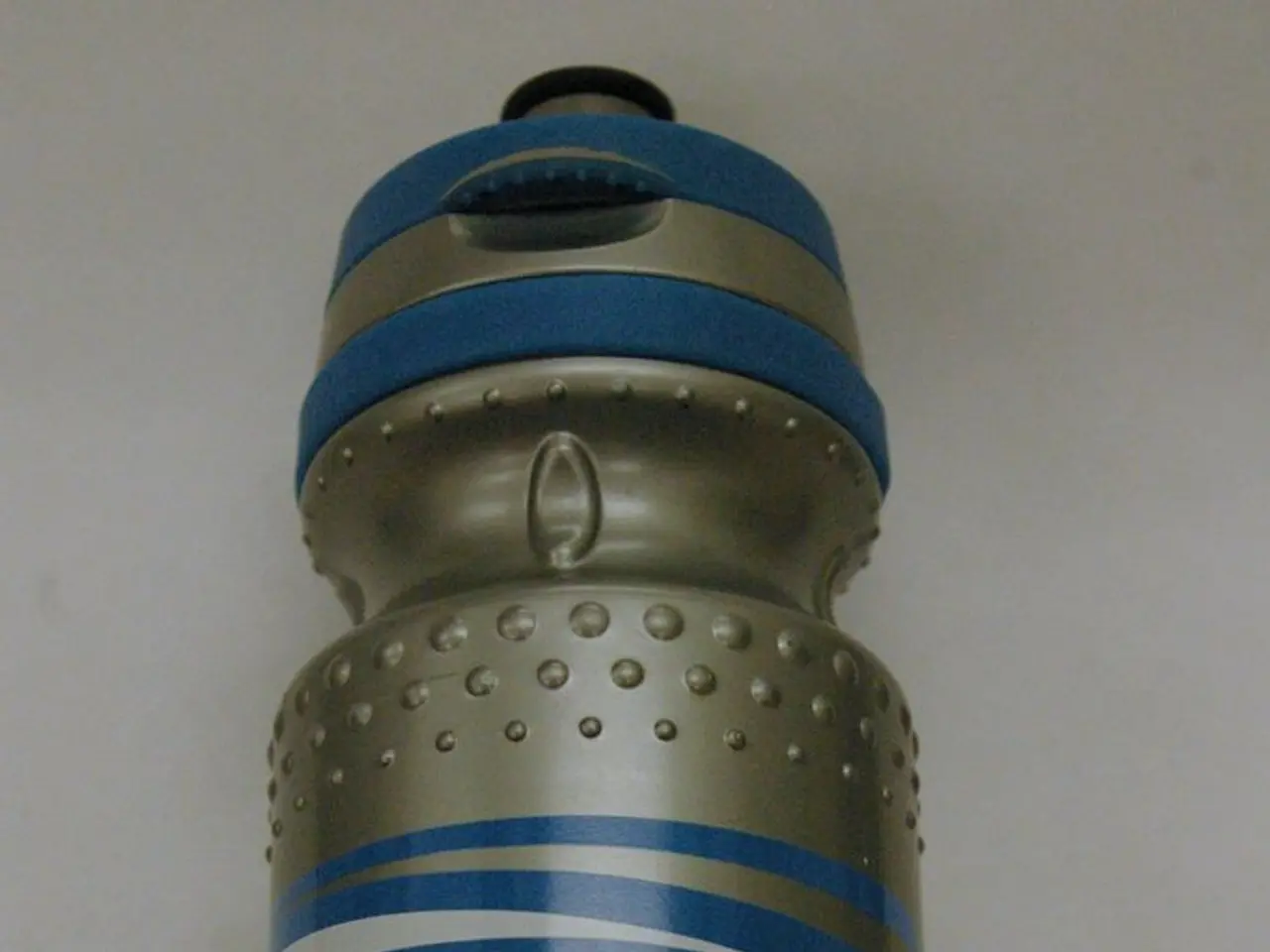Liverpool University collaborates with BARD1 Life Sciences Ltd for the development of a diagnostic test for type 3C diabetes
The University of Liverpool has signed a significant agreement with BARD1 Life Sciences Ltd, a leading life sciences company, to develop a speed test for Type 3c Diabetes (T3cDM). This collaboration, driven by cutting-edge research, aims to fill a critical gap in early pancreatic cancer detection and diagnosis. The test uses patented technology developed by researchers at the University of Liverpool's Institute of Systems, Molecular and Integrative Biology. The project is headed by Professor Eithne Costello, Professor of Molecular Oncology, who is also the lead researcher on the UK-Early Detection Initiative (UK-EDI). Professor Costello's team is investigating two novel approaches for screening pancreatic cancer using the SubB2M and EXO-NET technologies. In collaboration with BARD1, they will evaluate two novel protein biomarkers that have shown to accurately distinguish T3cDM from Type 2 Diabetes (T2DM) in individuals who are newly diagnosed with diabetes. Certain individuals with T3cDM are at an increased risk of developing pancreatic cancer. Approximately 10 in 100 people with T3cDM have underlying pancreatic cancer, with diabetes acting as an early warning sign for the presence of cancer. This agreement, therefore, presents a potential breakthrough in early detection and could lead to a routine screening program for pancreatic cancer. BARD1's Chief Scientific Officer, Dr Peter French, suggests that a test for T3cDM could potentially be a blockbuster diagnostic assay, with the potential to significantly improve outcomes for patients with both diseases. Currently, no test exists to identify T3cDM, and it is often misdiagnosed as T2DM or inappropriately managed. The agreement provides BARD1 with the option to license the intellectual property for the development and commercialisation of a T3cDM test on commercial terms. The option agreement period between the University of Liverpool and BARD1 Life Sciences Ltd is three years. The negotiation of the option agreement has been managed by the University of Liverpool's IP Commercialisation Team. BARD1 will pay a non-material upfront option fee and support patent costs incurred by the University of Liverpool. This collaboration is a significant step forward in the field of early pancreatic cancer detection and diagnosis. With around 22.9 million new cases of new-onset diabetes diagnosed globally each year, the development of an accurate and reliable T3cDM test could have a profound impact on the early detection and management of pancreatic cancer. Researchers developing this technology have been supported by grants from Pancreatic Cancer Action (PCA), Pancreatic Cancer UK (PCUK), North West Cancer Research (NWCR), and Cancer Research UK (CRUK). This collaboration underscores the importance of continued investment in research and development for early detection and treatment of pancreatic cancer. No current screening tests are available for pancreatic cancer, making this collaboration a beacon of hope in the fight against this deadly disease. The University of Liverpool and BARD1 Life Sciences Ltd are committed to working together to bring this groundbreaking test to fruition.





